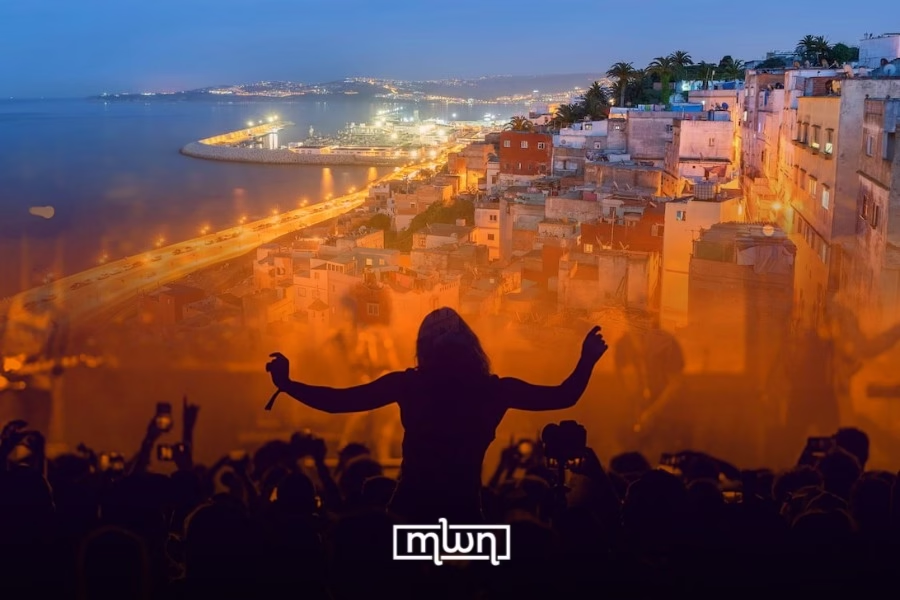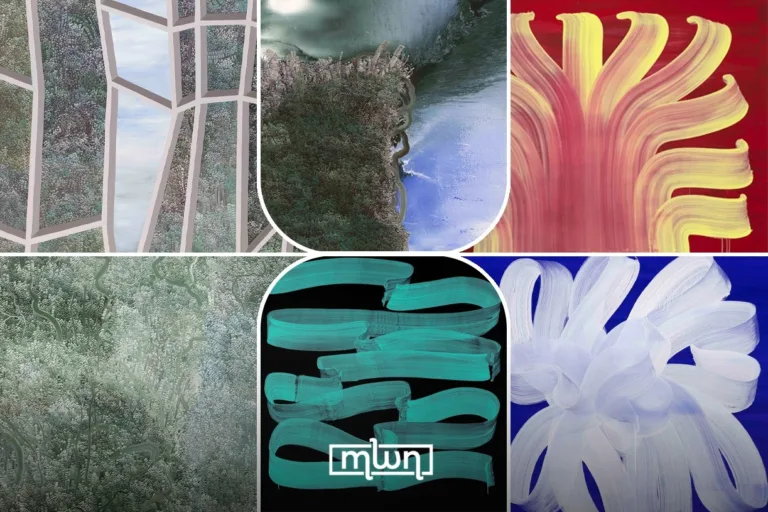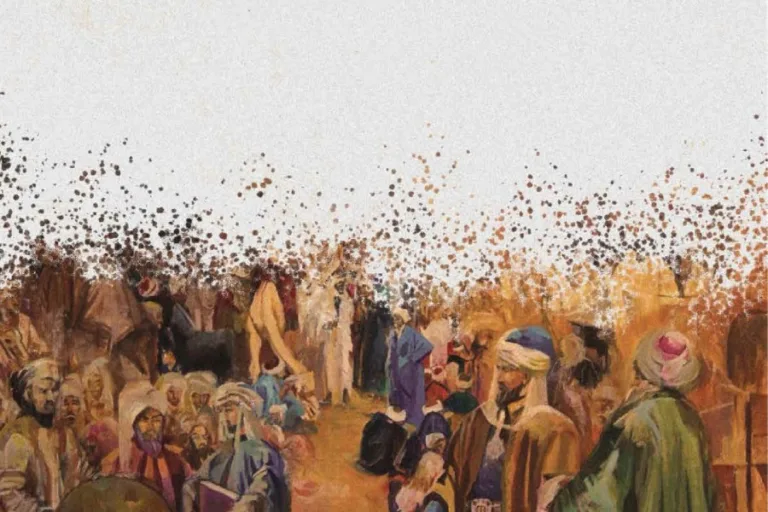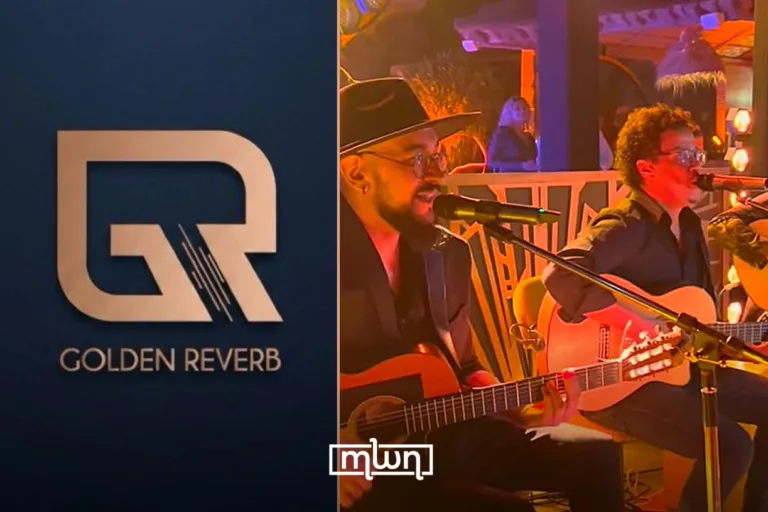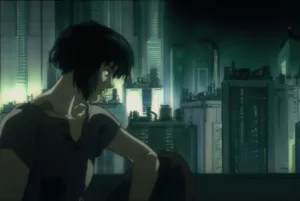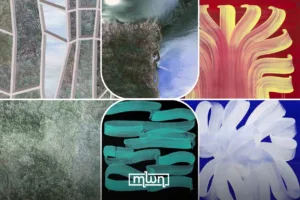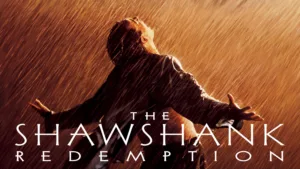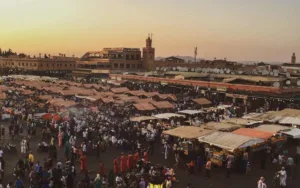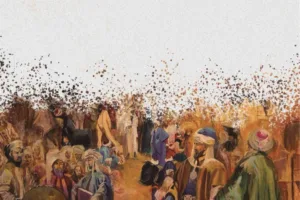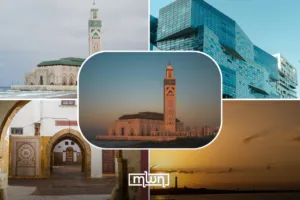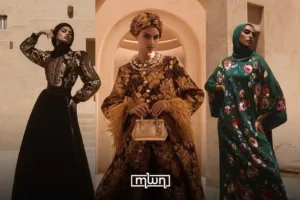The countdown begins for one of Tangier’s most anticipated cultural festivals, set to take place on Throne Day and the 50th anniversary of the Green March.
Fez – Tangier is getting ready to welcome back one of its most vibrant cultural highlights: the fourth edition of the Grand Tangier International Summer Festival, set to take place from July 28 to 31 at the historic Bab Diwane space near the old port.
This year’s edition is more than just an artistic celebration; it’s deeply rooted in national memory.
The festival coincides with two major milestones in Morocco’s collective history: the 26th anniversary of King Mohammed VI’s accession to the throne and the 50th anniversary of the Green March.
The symbolism isn’t lost. It’s a festival that celebrates not only culture, but also unity, loyalty, and a shared national identity.
Now a fixture in the city’s cultural calendar, the festival has grown into a space where artistic expression meets civic pride.
It’s a place where music, creativity, and education come together to reflect the many layers of Moroccan identity.
This year’s program is designed to be rich, diverse, and accessible to everyone, from children to adults, from locals to tourists.
One of the highlights will be a symbolic carnival reenacting the Green March, taking to the streets in a vivid display of historical memory and popular participation.
Alongside it, an ambitious summer academy will offer workshops in science, technology, mathematics, coding, and the arts; a serious investment in the city’s youth and their creative potential.
The idea is clear: fun and learning can (and should) go hand in hand.
And of course, the nights in Tangier will be just as alive as the days. Each evening at 10 p.m., the stage will light up with live performances by some of the biggest names in Moroccan and international music.
These concerts are not only about entertainment, they’re part of a larger vision to position Tangier as a global cultural destination and give local audiences access to world-class experiences without leaving their city.
For the organizers, this festival is about more than putting on a show. It’s a long-term project, a commitment to cultural and social development in Tangier.
They see it as a bridge between generations, a platform for dialogue, and a celebration of national belonging.
As the event continues to grow, so does its role in shaping the city’s cultural landscape, making it not just a summer event, but a symbol of what Tangier stands for today: creativity, connection, and community.
The countdown has begun. Tangier is ready.
Read also: Chikhat in Morocco: Tradition, Stigma, and the Struggle for Respect

